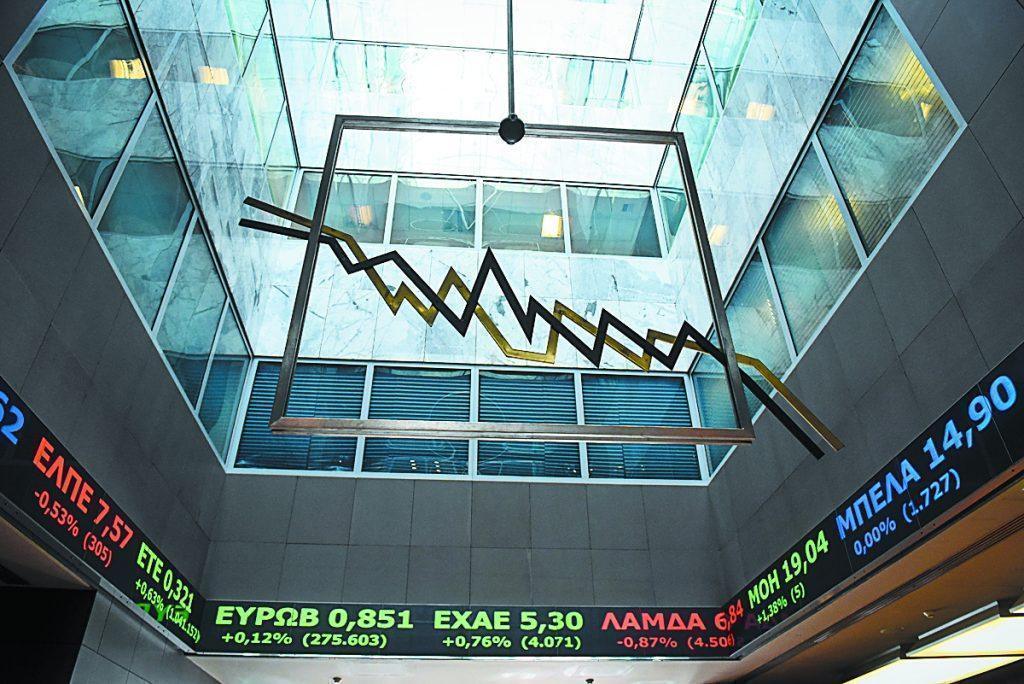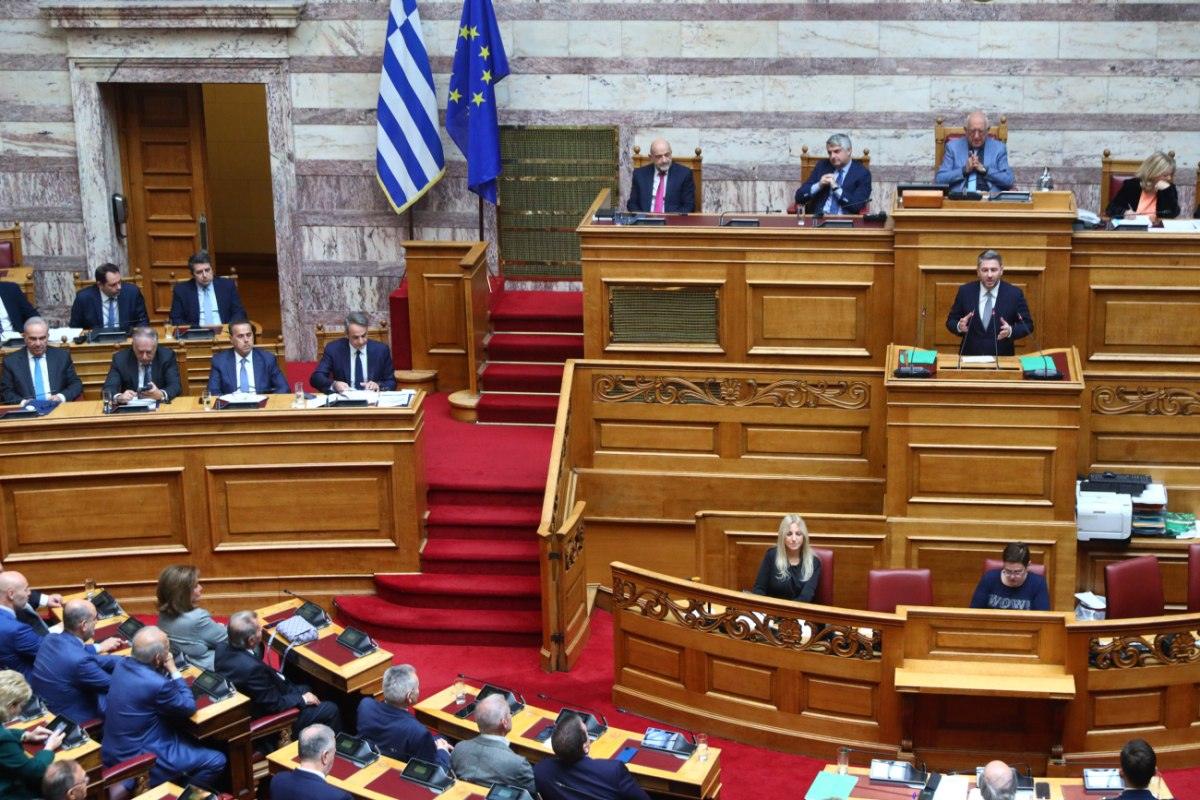Greece is tightening its grip on the booming short-term rental market, targeting platforms like Airbnb and Booking with a wave of new regulations. Recent measures aim to curb unchecked growth and enforce updated safety, hygiene, and functionality standards.
At the forefront of the effort is Greece’s Independent Authority for Public Revenue (AADE), which has issued a firm warning to hosts: comply with the new minimum requirements or face tough penalties.
The Greek Association of Property Managers announced that the association is actively preparing a response to the intensified oversight. The association’s president hinted at potential legal action and promised assertive steps to defend the interests of its members.
Inspections Begin October 1
Though the enforcement of the new rules is set to begin on October 1, 2025, property owners are being urged to start preparations immediately. Adapting to the updated requirements could require substantial upgrades to avoid penalties once inspections begin.
Under the new legal framework, properties listed on short-term rental platforms must meet a series of criteria focused on livability, safety, and hygiene. Specifically, properties must be primary-use spaces with adequate natural light, ventilation, and air conditioning.
Mandatory Safety and Insurance Measures
All short-term rentals will now be required to carry liability insurance covering damages and accidents. Additionally, properties must be equipped with fire extinguishers, smoke detectors, residual-current devices (RCDs), and emergency exit signage.
Other obligations include:
• Certification by a licensed electrician
• First-aid kits
• Rodent and pest control certificates
• A printed guide with emergency phone numbers
Hefty Fines for Non-Compliance
Penalties for non-compliance or obstructing inspections are steep: a first offense brings a 5,000 euros fine, doubling to 10,000 euros for a repeat within a year, and rising to 20,000 euros for further breaches. Fines are enforced immediately, with unpaid amounts subject to asset seizures.
Source: tovima.com









































